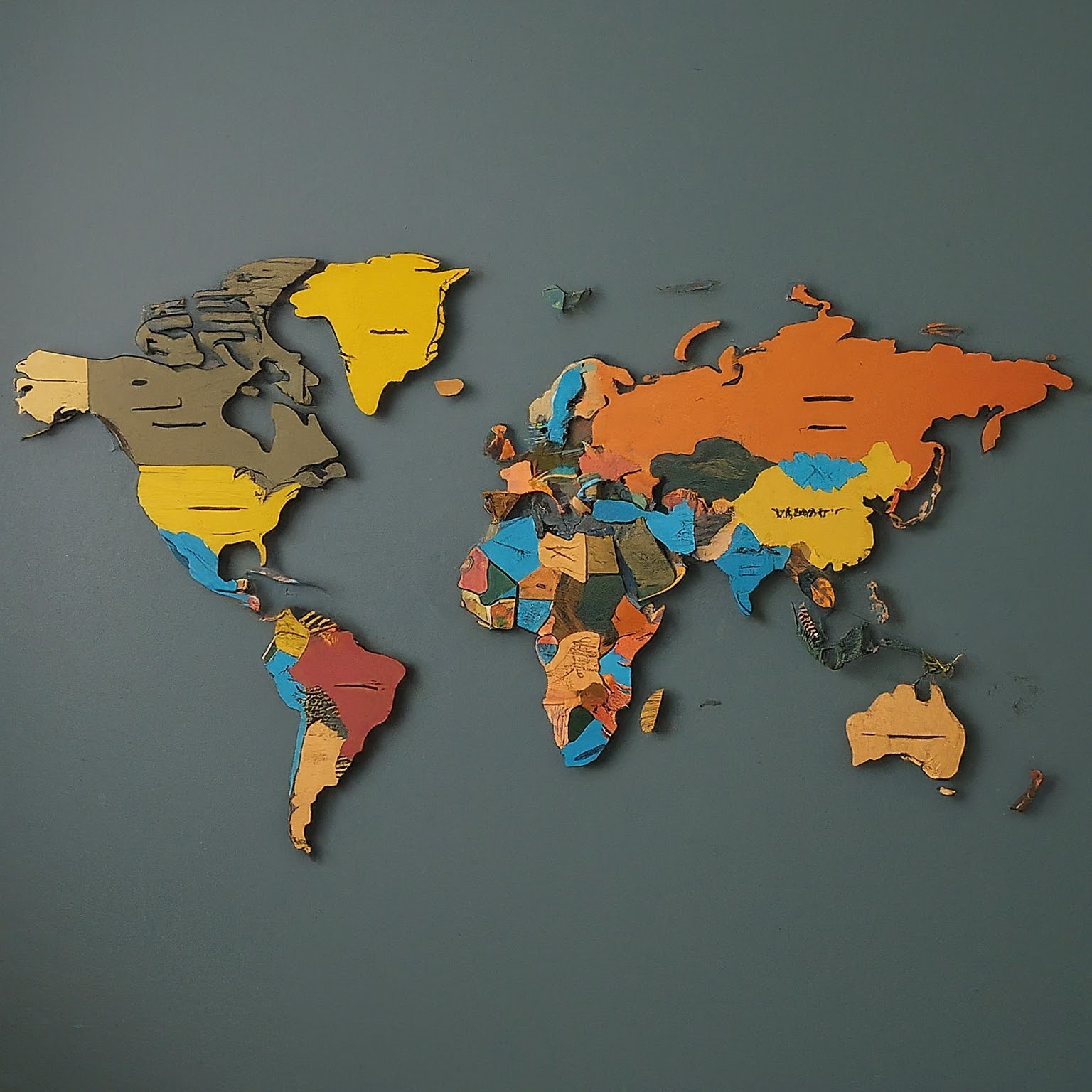National codes are the unsung heroes of our interconnected world. These seemingly simple strings of numbers and letters serve a critical purpose: identifying countries in a standardized and universally understood format. But national codes encompass more than just country calling codes for international calls. Let’s delve deeper and explore the fascinating world of national codes.

The most commonly encountered national codes are likely the two-letter ISO 3166 codes. These codes, established by the International Organization for Standardization (ISO), are used for everything from labeling products in international trade to identifying countries in online forms. You’ll find them on passports, domain name suffixes like “.fr” for France, and even on international shipping containers.
Another crucial type of national code is the International Telecommunication Union (ITU) calling code. This prefix, placed before a phone number, allows international calls to be routed to the correct country. Imagine trying to phone a friend in France without the +”33″ code – your call would be lost in a labyrinth of international networks!
Beyond these familiar examples, the world of national codes extends further. There are numeric codes used for international banking transactions, bibliographic codes for identifying books and other publications, and even currency codes for specifying different denominations of money. Each code plays a vital role in streamlining international communication and transactions.
National codes also hold historical significance. Changes in a country’s code can reflect political transformations, such as the breakup of the Soviet Union which resulted in the creation of new national codes for the newly independent nations.
Understanding national codes empowers us to navigate the complexities of our globalized world. The next time you see a two-letter code on a product label or use a calling code to connect with someone overseas, take a moment to appreciate these essential tools that bridge borders and foster international connections.